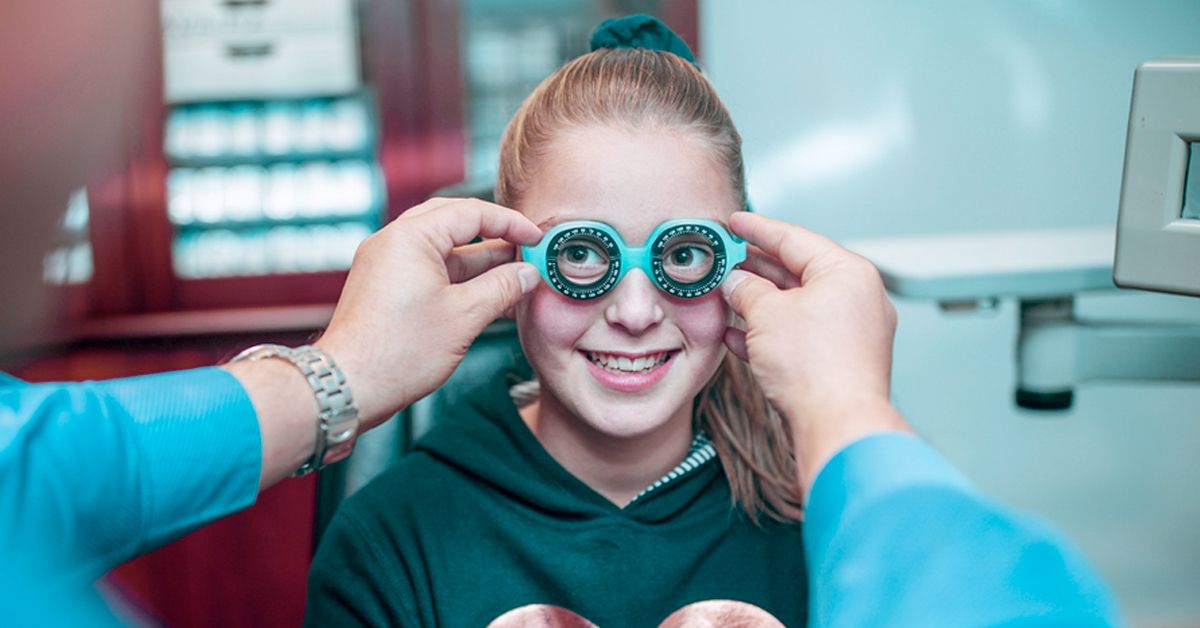Leading Cardiologist in Andalusia: Expert Heart Care at Your Local Clinic
Leading Cardiologist in Andalusia: Expert Heart Care at Your Local Clinic
Blog Article
Is Refractive Surgery Right for You? Elements to Take Into Consideration for Better Eyecare
In the realm of eye care, the choice to undertake refractive surgery is a significant one that demands thoughtful consideration. From the ins and outs of one's eye health and wellness to the details of individual assumptions and everyday routines, each element holds importance in the wider landscape of refractive surgery candidacy.
Eye Health Evaluation
When considering refractive surgical procedure, a thorough eye wellness examination is important to evaluate the suitability of the treatment for every individual. cardiologist andalusia. This evaluation entails a series of tests and exams conducted by an eye treatment expert to determine the total health and wellness of the eyes, the presence of any kind of underlying problems, and the stability of the refractive mistake
During the evaluation, numerous aspects are taken into consideration, such as the person's medical background, present eye prescription, corneal density, pupil dimension, and tear film top quality. These evaluations help to recognize any contraindications to refractive surgical procedure, such as corneal irregularities, cataracts, or neglected eye infections. In addition, the assessment aids to handle patient assumptions regarding the prospective outcomes of the surgical procedure based on their special eye qualities.
Inevitably, the eye health examination is crucial in guaranteeing the security and performance of refractive surgery, as it provides important understandings right into the person's eye wellness standing and helps determine the most appropriate treatment choices for accomplishing ideal aesthetic results. (cardiologist andalusia)
Lifestyle Evaluation
A comprehensive way of living evaluation is integral in establishing the suitability of refractive surgical procedure for an individual's aesthetic adjustment demands. Way of life variables such as profession, leisure activities, and everyday tasks play an important duty in the decision-making process pertaining to refractive surgical treatment.
Furthermore, way of life habits such as sports engagement, outdoor activities, and even skincare routines can affect the recovery process and general success of refractive surgical procedure. For example, people that engage in get in touch with sporting activities might need to take additional preventative measures to protect their eyes during the recuperation duration. In addition, individuals with comprehensive sunlight direct exposure might require additional post-operative care to stop difficulties. By conducting an extensive way of life evaluation, eye treatment experts can tailor their referrals and therapy strategies to meet the special demands of each client, eventually causing enhanced aesthetic results and contentment.
Expectation Alignment

Clients require to comprehend that while several people attain 20/20 vision or better adhering to refractive surgical procedure, some might still call for glasses for particular tasks like analysis or driving at evening. Handling these assumptions helps protect against disappointment and frustration post-surgery, leading to a more positive total experience for the individual.
Risk Analysis

Variables that may raise the risk of difficulties include age, specific medical conditions like autoimmune conditions, unstable vision prescription, slim corneas, and impractical client assumptions. Additionally, selecting a seasoned and proficient surgeon, complying with pre and click to read post-operative treatment guidelines vigilantly, and revealing any kind of pertinent case history can aid mitigate risks.
To lessen the chance of problems, ophthalmologists perform extensive pre-operative evaluations to identify any type of contraindications to surgical procedure. They additionally discuss the potential risks and benefits with individuals throughout the appointment process. By taking part in open communication and shared decision-making, both the ophthalmologist and the individual can interact to determine if refractive surgery is the right choice based on individual risk profiles and desired outcomes.
Assessment Value
Thinking about the important function of notified decision-making in examining dangers and prospective problems in refractive surgical treatment, the assessment process holds significant importance in leading people in the direction of ideal outcomes. During the consultation, the eye doctor examines the individual's eye health and wellness, refractive errors, and total viability for surgical treatment. This initial evaluation is important in identifying the most ideal procedure for each person, thinking about elements such as corneal density, pupil size, and existing eye problems.
In addition, the appointment acts as a chance for patients to review their assumptions, worries, and any type of questions they might have regarding the surgical procedure. Clear communication in between the doctor and the individual is necessary to ensure sensible expectations and a detailed understanding of the prospective threats and benefits included.
Furthermore, the appointment permits the specialist to clarify the different surgical options readily available, their corresponding end results, and the post-operative treatment required. This detailed conversation empowers individuals to make well-informed decisions regarding their eye treatment, resulting in much better satisfaction and outcomes post-surgery.
Final Thought
To conclude, individuals thinking about refractive surgical procedure should go through a thorough eye health assessment, examine their way of living habits, align their assumptions with possible outcomes, analyze the involved dangers, and focus on appointments with eye treatment professionals. These factors play a vital duty in establishing the viability of refractive surgery for each individual, ensuring optimal outcomes and fulfillment with the procedure.
Patients considering refractive surgery frequently have high expectations regarding the outcomes, anticipating perfect vision without the demand for glasses or call visite site lenses. While refractive surgical procedure can substantially enhance vision and minimize reliance on visual aids, it is crucial for people to recognize that outcomes may vary based on individual variables such as the level of refractive mistake, corneal thickness, and overall eye wellness.
By involving in open communication and shared decision-making, both the client and the ophthalmologist can work with each other to figure out if refractive surgical treatment is the right selection based on private risk accounts and preferred results.
Considering the essential function of informed decision-making in analyzing dangers and potential difficulties in refractive surgical treatment, the consultation procedure holds considerable importance in assisting clients in the direction of ideal end results. During the consultation, the ophthalmologist evaluates the individual's eye health, refractive mistakes, and weblink overall viability for surgery.
Report this page